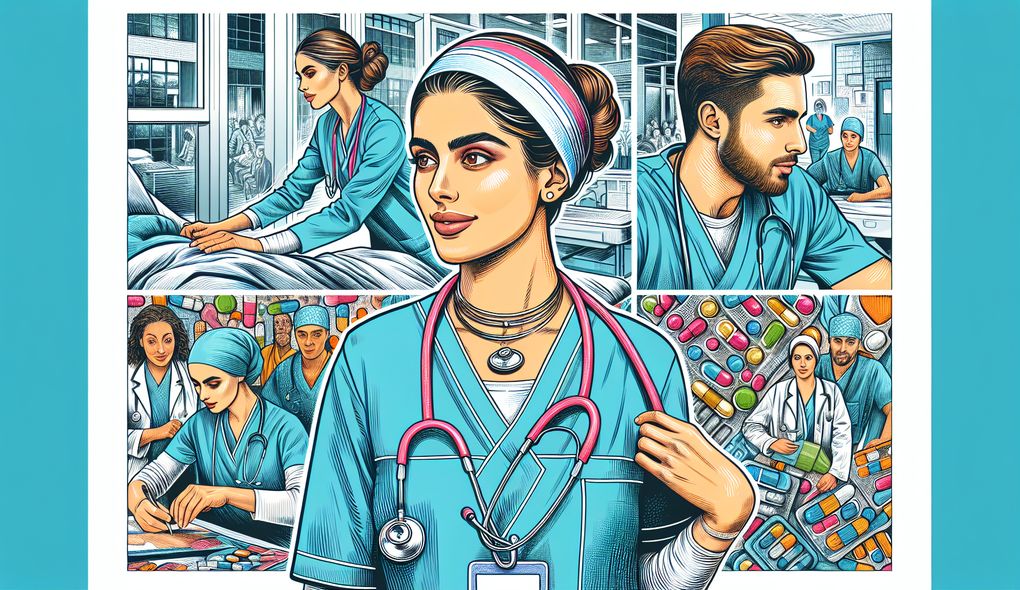Give an example of a time when you educated a patient and their family on health promotion, disease prevention, or treatment plans.
INTERMEDIATE LEVEL

Sample answer to the question:
During my time working as an Emergency Nurse Practitioner, I had the opportunity to educate a patient and their family on health promotion. The patient, a 45-year-old man, came into the emergency department with uncontrolled hypertension. I took the time to sit down with him and his family to explain the importance of lifestyle modifications in managing his blood pressure. I discussed the importance of maintaining a healthy diet low in sodium, engaging in regular exercise, and avoiding smoking and excessive alcohol consumption. I also provided them with educational materials and resources to help them make these changes. The family was very receptive and expressed their gratitude for the information and guidance. This experience highlighted the importance of patient education in empowering individuals to take control of their health.
Here is a more solid answer:
During my time as an Emergency Nurse Practitioner, I encountered a 52-year-old female patient who presented with newly diagnosed type 2 diabetes. I recognized the importance of educating her and her family on disease management. I used my extensive clinical knowledge and communication skills to explain the basics of diabetes, including the importance of monitoring blood sugar levels, adhering to a healthy diet, and taking prescribed medications. I provided them with resources, including a personalized meal plan and a glucometer, to facilitate ongoing self-management. By the end of our conversation, the patient and her family felt empowered and confident in their ability to navigate her new diagnosis.
Why is this a more solid answer?
The solid answer provides more specific details about the candidate's clinical knowledge and communication skills. It highlights their ability to tailor the education to the patient's specific condition and provide practical resources for self-management. However, it could further emphasize the impact of their patient education and the long-term outcomes for the patient and their family.
An example of a exceptional answer:
In my role as an Emergency Nurse Practitioner, I encountered a 35-year-old male patient who presented with chronic obstructive pulmonary disease (COPD) exacerbation. His condition had been exacerbated by smoking and poor management. During our conversation, I employed my in-depth clinical knowledge to explain the pathophysiology of COPD and the importance of smoking cessation. I used visual aids and diagrams to help the patient and his family comprehend the long-term consequences of continued smoking. I also connected them with local smoking cessation resources and support groups. Over the course of several follow-up visits, I witnessed a significant improvement in the patient's respiratory symptoms and a newfound commitment to quitting smoking. This experience reinforced the transformative power of patient education in promoting positive health outcomes.
Why is this an exceptional answer?
The exceptional answer provides a highly detailed example of the candidate's clinical knowledge, communication skills, and the impact of their patient education. It demonstrates their ability to use visual aids and connect patients with additional resources for ongoing support. The answer also highlights the positive long-term outcomes achieved through patient education. However, it could further discuss the candidate's collaboration with the interdisciplinary healthcare team to provide comprehensive care for the patient.
How to prepare for this question:
- Familiarize yourself with common health promotion topics such as diet, exercise, and smoking cessation.
- Review your knowledge of various health conditions and their management strategies.
- Practice explaining complex medical concepts in simple and understandable terms.
- Consider preparing visual aids or educational materials to enhance your patient education efforts.
- Reflect on past experiences where you have successfully educated patients and their families, and have specific examples ready to share.
What are interviewers evaluating with this question?
- Clinical knowledge
- Communication skills
- Patient education

